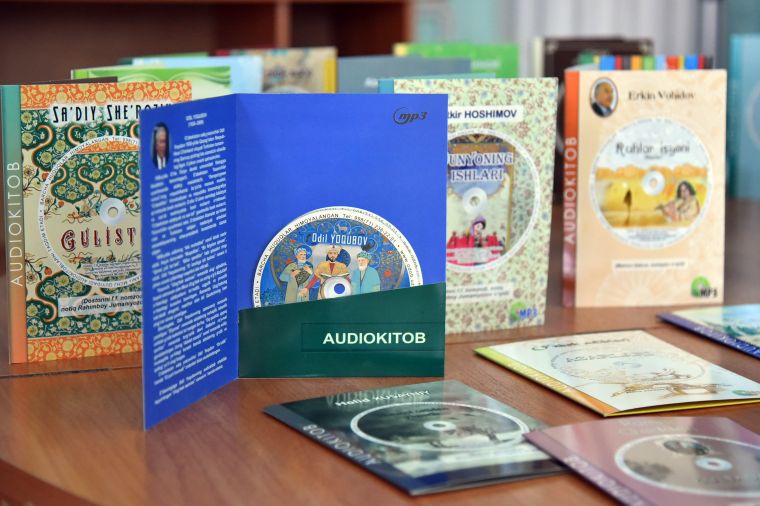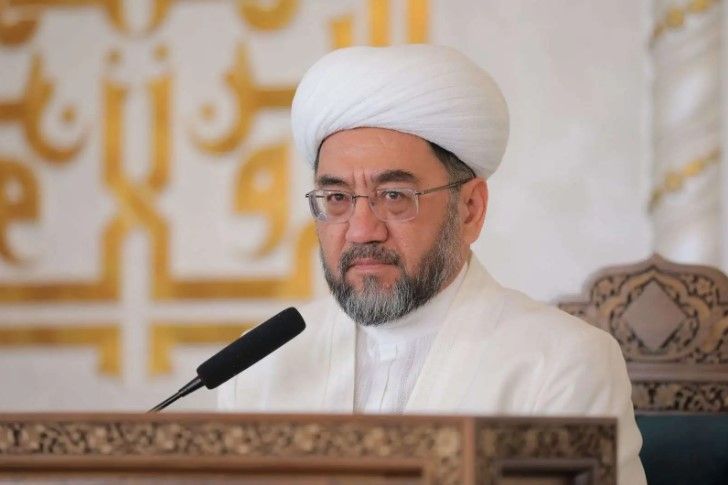Tashkent city



Uzbek literature Literature and art of Uzbekistan is called one of the bright and wonderful pages of the history of the world artistic culture. Along with Egypt and Mesopotamia, Greece and Rome, India and China, Central Asia laid the foundations of human civilization. The emergence of a cultural phenomenon in Uzbekistan is mainly due to its geographical Mesopotamia, where agricultural centers have been location in the Central Asian formed since ancient times. Uzbek literature history The most ancient Uzbek oral literary works are over 200 epic poems, many legends, epic songs performed by folk poets - bakhshi. Heroes of folklore struggle with hostile forces evil spirits, dragons. The oldest cycle of epic poems Ker-ogly and the poem Alpamysh were written around the 10th century. Alpamysh went in the folklore of all the peoples of Central Asia. It talks about the courage of folk heroes, courage and hatred of enemies; it contains many witty aphorisms, vivid metaphors, colorful descriptions. Another popular work from the cycle Ker-ogly is a poem about the transforming power of love of Ravshan-Hon. Many times later it was processed by folk poets. The satirical novels of Nasreddin Afandi, in which the khans and bais are derided, are popular. In the oral Uzbek literature, people of different nationalities - Chinese, Iranian, Turkmen, Negro, etc., female images are devoid of sentimentality. In the XI century, many works are created, based on religious norms of Islamic morality. These are the instructive poems "Kugadau Bilig" ("Knowledge of Grace" or "Science of Happiness") by Yusuf Khas Hadjib Balasaguni, the poem "Khibat al-Khakaik" ("Gift of Truths") by Ahmad Yugnaki.
Prepeared by Imam Bukhari Tashkent Islamic Institute , Department of languages , English teacher Kadirov Farrukh

The world is currently witnessing rapid advancements in artificial intelligence (AI) and digital technologies, to the extent that these tools have become integral to various aspects of life—particularly in economics, education, culture, media, and public services.
In the face of this profound transformation, there is an urgent need to examine the dimensions of AI from an ethical and religious perspective that balances leveraging modern achievements with preserving human values and Shari’a (Islamic law) regulations.
In this context, scholars and specialists affirm that AI is a product of human intellect and creativity, falling under the divine indication: "And He creates that which you do not know" (Surah An-Nahl: 8). This verse alludes to emerging scientific and technical innovations that were previously unknown.
Today, AI has become the foundation for many modern applications, such as e-government, smart cities, autonomous vehicles, drones, and other technologies that contribute to facilitating human life.
However, regardless of its significant benefits, this evolution is not without difficulties and potential risks. Therefore, there is a necessity to regulate, control, and monitor the use of AI, taking the required measures to mitigate its negative impacts—especially in sensitive fields related to religion and Fatwa (legal rulings), where this issue must be given special attention.
Artificial Intelligence and Shari’a Fatwa
Scholars and researchers in jurisprudence academies and scientific conferences have reached a consensus that AI can serve as a supportive tool for gathering, analyzing, and classifying Shari’a information, as well as facilitating access to it. However, it is impermissible to rely on it independently to derive Shari’a rulings or issue Fatwas.
Fatwa issuance requires the direct presence of a qualified jurist (faqih), as rulings vary based on the seeker’s circumstances, time, place, customs, and socio-economic conditions. These nuanced human considerations cannot be independently comprehended by AI. Furthermore, a prerequisite for a Mufti in Islamic Shari’a is to be a legally accountable person (mukallaf), a condition that cannot be fulfilled by technical systems.
Consequently, the role of AI in the field of Ifta (issuing rulings) remains supportive rather than substitutive, in application of the verse: "So ask the people of the message if you do not know" (Surah An-Nahl: 43). Trustworthy scholars remain the ultimate reference in issuing rulings and bearing Shari’a responsibility.
Areas of Practical Application for AI
Practical experience, including that of the Fatwa Center under the Muslim Board of Uzbekistan, has proven that AI can be employed in several fields, most notably:
• Analyzing and Classifying Inquiries: Categorizing incoming Shari’a questions by topic and region and identifying the most frequent ones.
• Speech-to-Text Conversion: Transforming audio questions and answers into written text and storing them in organized databases.
• Supporting Fatwa Experts: Suggesting previously archived answers to experts, which are only sent to the inquirer after review and approval by specialists.
• Enhancing Community Security: Through smart, digital, and safe city projects.
• Combating Corruption: By reducing human intervention in administrative procedures.
• Operating in Hazardous Environments: Utilizing smart technologies in environments that are dangerous or harmful to human health.
• Dawah and Education: Facilitating access to Islamic knowledge, lessons, and sermons, and developing educational content that serves the Muslim Ummah.
• Humanity at the Center of Technical Evolution
Specialists emphasize that humans must remain at the heart of the AI development process, and that these technologies must be managed based on a solid ethical and value-based foundation. Technology is not an end in itself, but a means to serve humanity and facilitate its affairs; it should not become a substitute for man or a tool that controls his destiny.
In this framework, the real challenge lies in reconciling AI with religious requirements, legal standards, and national values, ensuring the achievement of cognitive and technical development without compromising Shari’a and human responsibility.
In conclusion, AI, if used with wisdom and clear regulations, can be a great aid to humanity across various fields. Religious and scientific institutions in the Islamic world—including the Muslim Board of Uzbekistan—affirm their permanent readiness to actively participate in employing these modern technologies to spread Islamic knowledge, foster dialogue between religion and science, and contribute to finding solutions for contemporary global challenges.
The ultimate goal remains to harness the blessings of science and technology for the betterment of humanity, in a manner that pleases Allah the Almighty and reinforces the moral values that are the foundation of stability and progress.
Sheikh Nuriddin Khaliqnazar